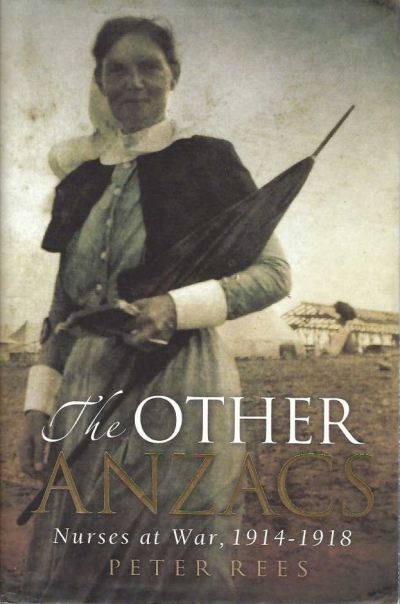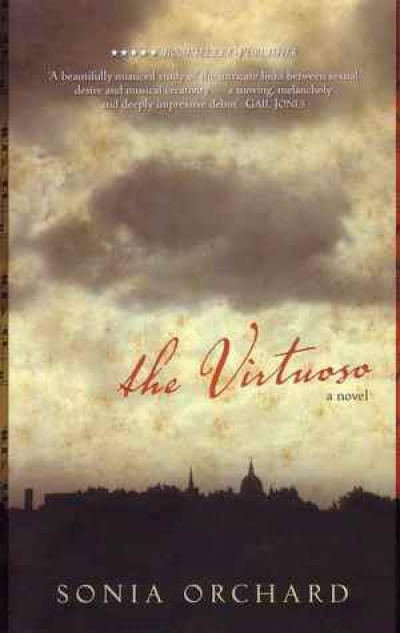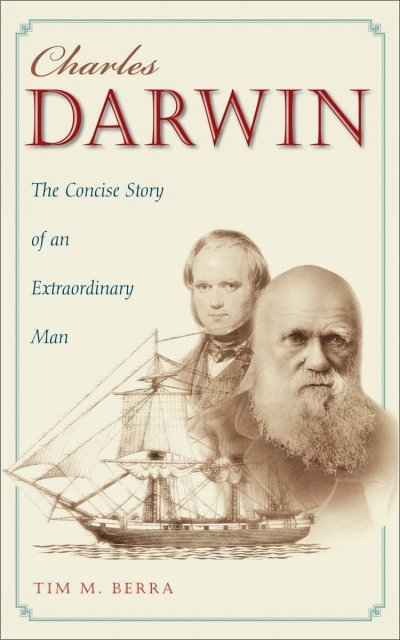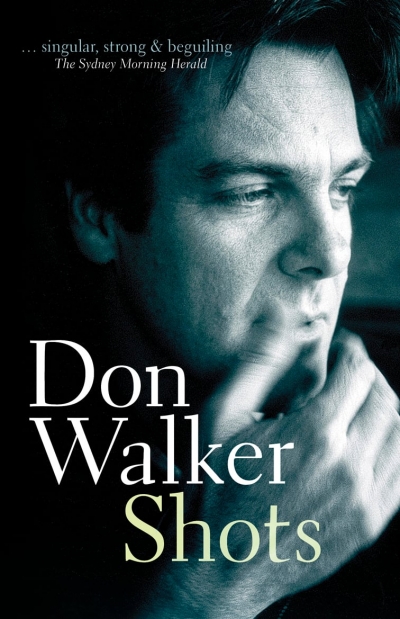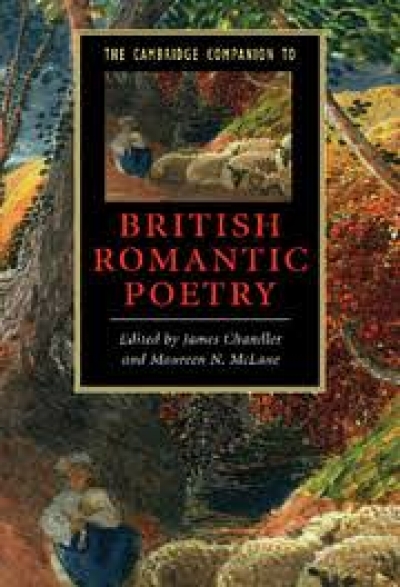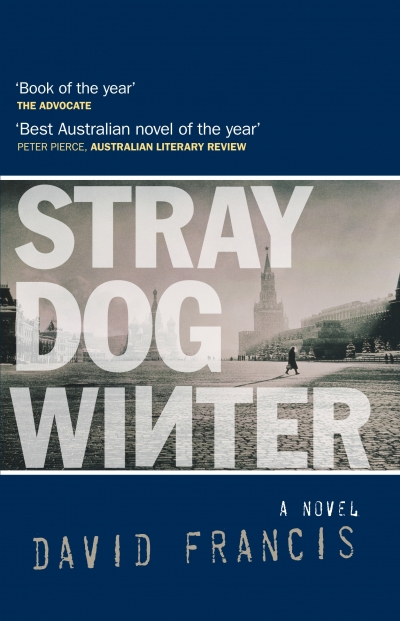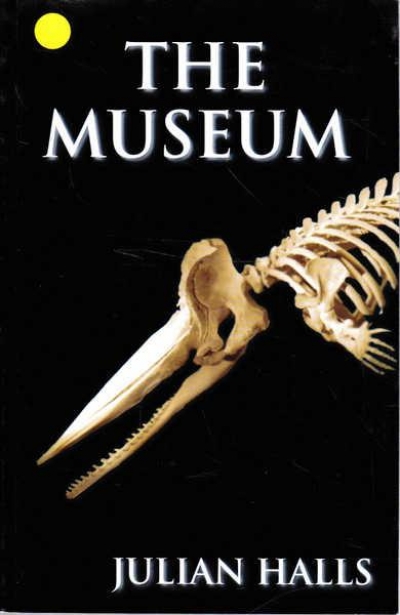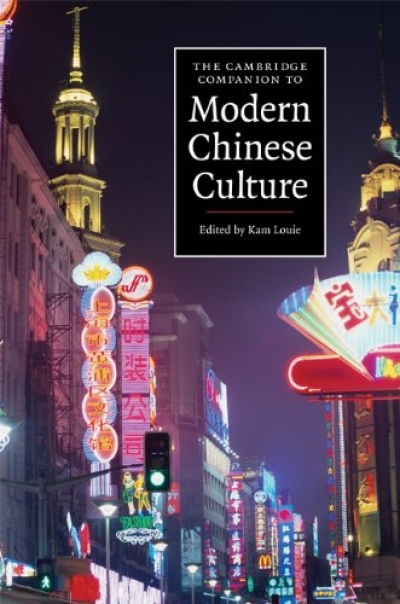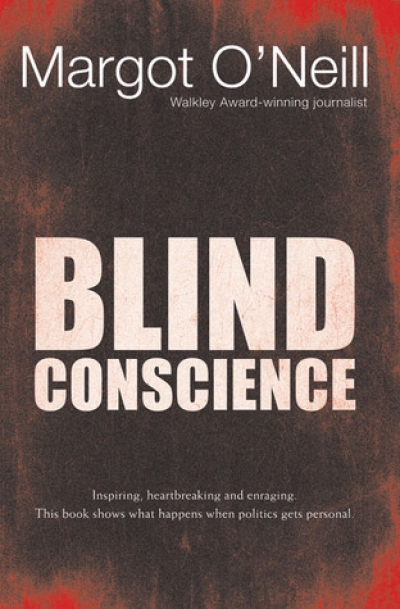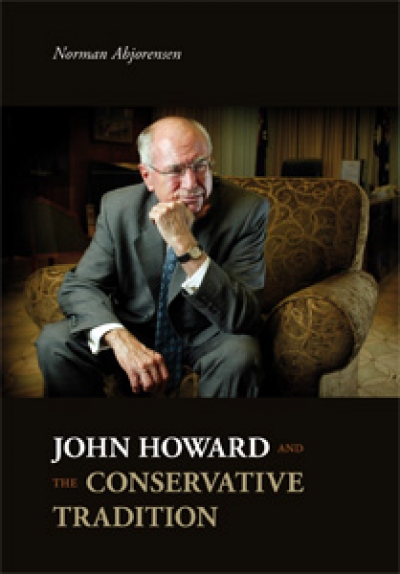Imagine a street with a neo-Gothic church, a fish and chip shop, and bronze statues of Winston Churchill, Florence Nightingale, and Shakespeare. Someplace in England? No, it’s Thames Town, a satellite on the outskirts of Shanghai. German, Czech, Spanish, Scandinavian and American suburbs are also planned, to cater to the new Chinese middle class, for many of whom, like the Chinese for most of the twentieth century, ‘modern’ equals ‘Western’. Or recall your local Chinatown, with its ‘Chinese’ shops and restaurants, curved roof façades and resident diaspora, many of them convinced that they are preserving the ‘real’ Chinese culture, now lost in the mainland’s twentiethcentury convulsions. How does each of these represent modern Chinese culture?
...
(read more)

